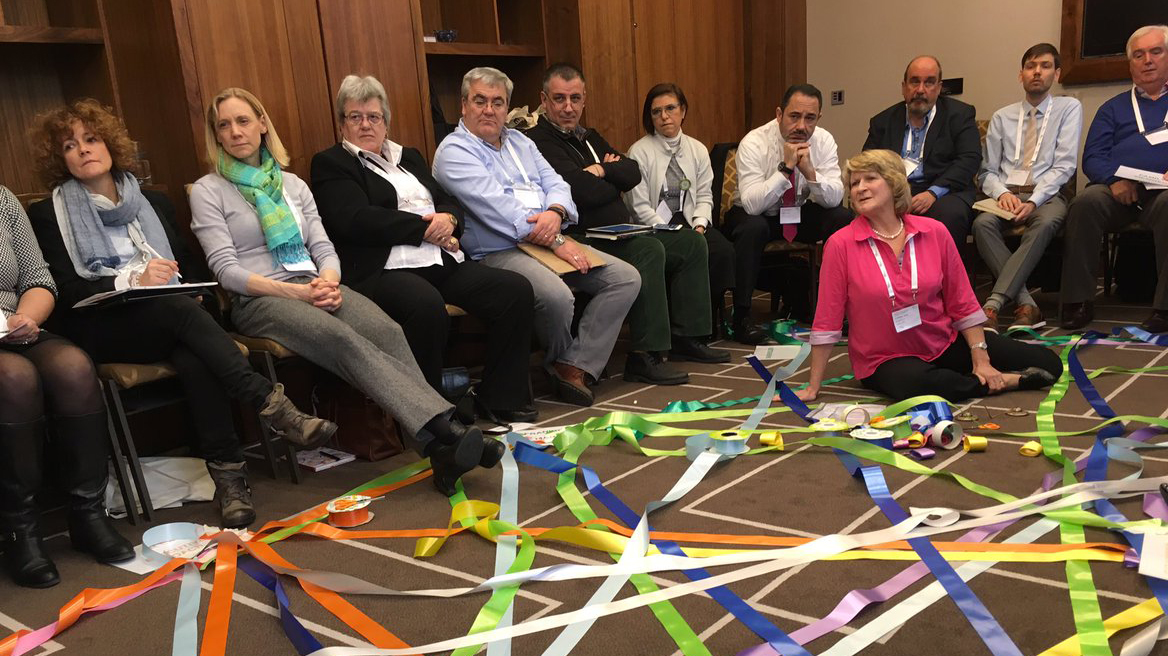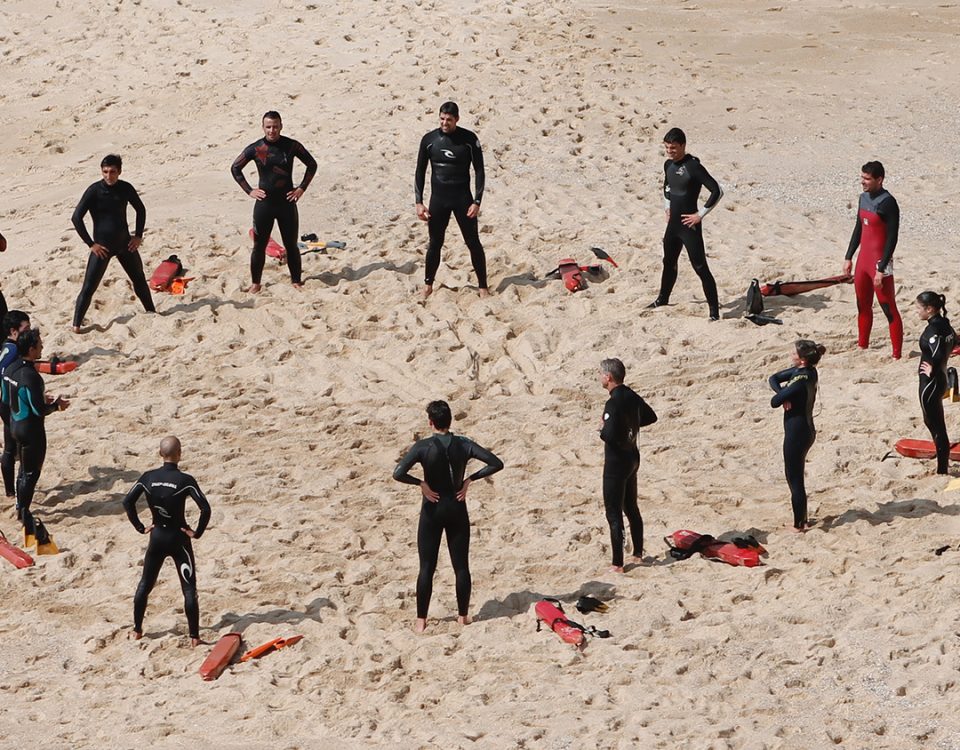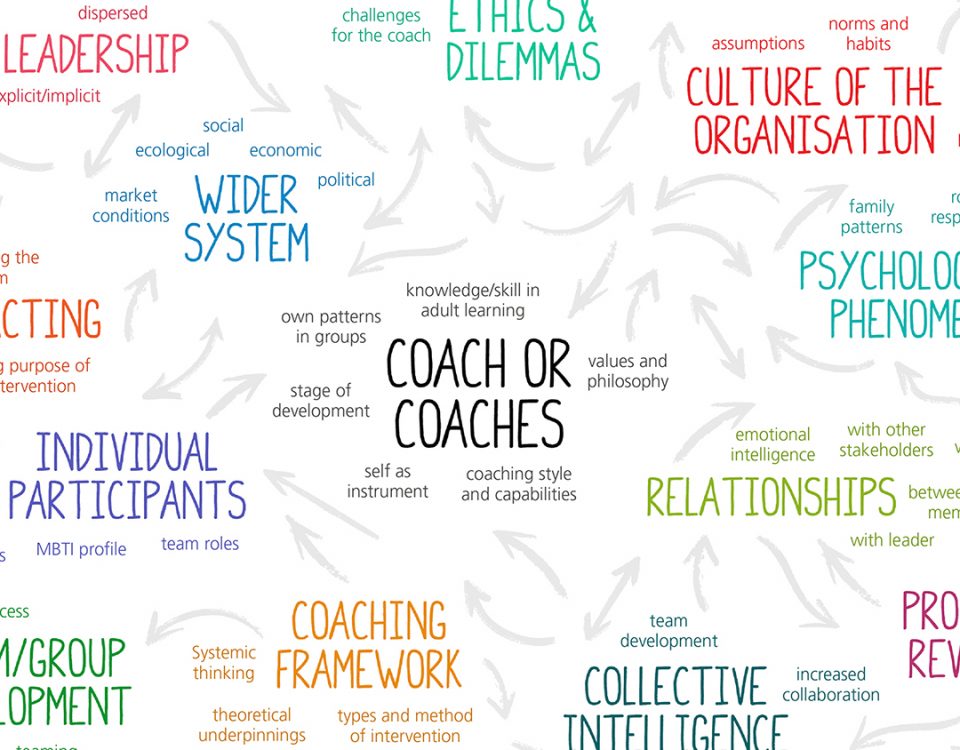
A conversation around team coaching: is it really new?
9th February 2017
Managing the web of practical, psychological and professional contracts
10th March 2017Bringing childhood relationships to work

An article by Roger Jones in the Harvard Business Review, The Family Dynamics We Grew Up with Shape How We Work, raises fascinating questions about how we bring behaviours we learned in childhood into our working relationships.
Says Jones: ‘Research has shown that our early family experiences often re-emerge in our adult life interactions with others, including those in the business world. Families, after all, are our first “enterprise,” and our parents and siblings are our first “management team.” Early family life affects how leaders respond to pressure and react when team members compete for their attention.’
This rings true to my experience with clients in coaching supervision, who report that the executives they are working with sometimes make the family-workplace link themselves. After behaving perhaps irrationally, they volunteer that the situation was triggered by the way they related to their father, mother, sibling or other family member. As Jones says, ‘if a CEO reminds a team member of his angry father, the team member will cower just as he did when he was young.’
Understanding these dynamics can be especially helpful for coaches, because they can take a client’s highly charged work relationship and explore whether it is triggered by association with an early family relationship, where the behavioural patterns were established.
The links explored by Jones also have a strong application to group work. When we first join a team or come into a new group, we are often likely to behave as we originally learnt to behave in our family of origin group. Understanding these patterns helps us know ourselves better and helps us make conscious choices when we join a new team, or enter a facilitation or supervision group.
This is especially relevant for group supervision, where coaches have an opportunity to notice their own behavioural patterns, and to gain insight into how other people negotiate the experience of coming into groups. This in turn opens up new possibilities for coaches as they facilitate groups in their own client work.
I will be exploring these themes in the new, exciting programme in Team Coaching Supervision Training, launched by the Coaching Supervision Academy (CSA) in March. The programme includes three days of training in central London, and three evening teleforums. There are a few places available on the programme for supervisors of team coaches or those involved in team coaching who are interested to develop through reflecting on their practice as team coaches – see here for further details and booking.
Photo: GoodNCrazy




